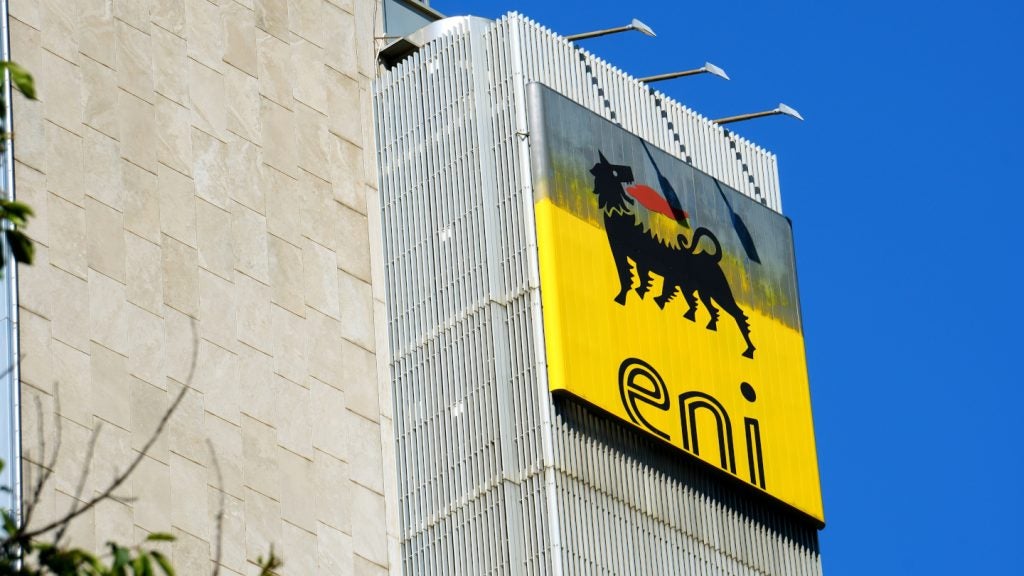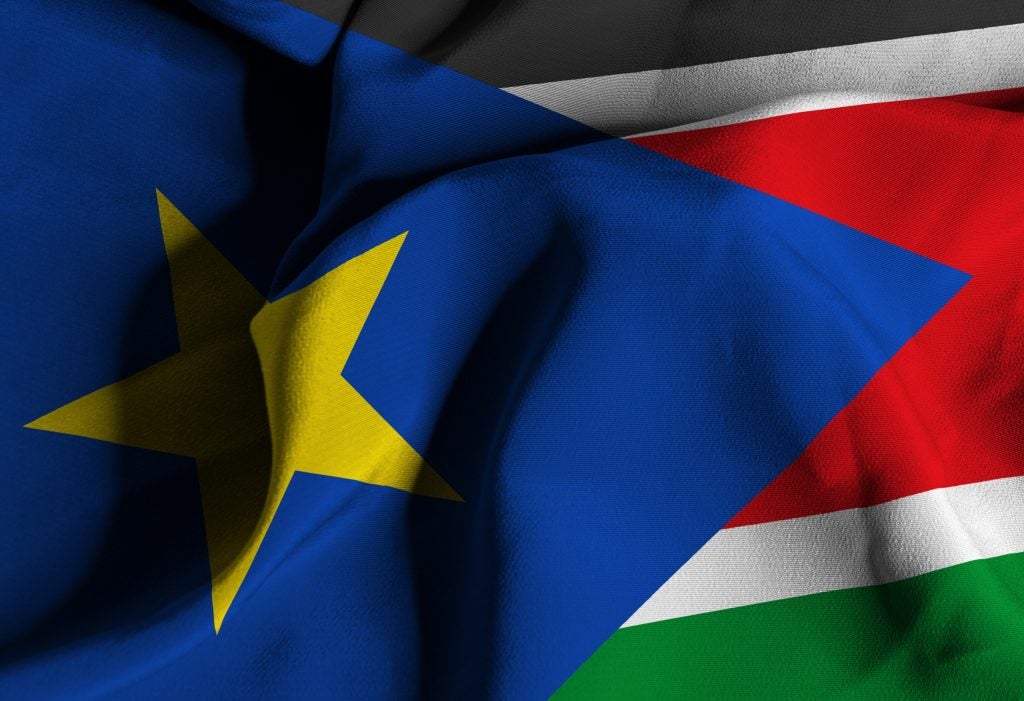Oil prices increased on Tuesday following a forecast made by OPEC of a balanced market in 2016.
Brent crude rose 9 cents to $47.28 a barrel, while US crude went up 23 cents to $44.10 a barrel, Reuters reported.
OPEC Secretary-General Abdullah al-Badri’s comments on Monday provided a little bullish relief to the market.
Abdullah al-Badri said: "The expectation is that the market will return to more balance in 2016. We see global oil demand maintaining its recent healthy growth.
"We see less non-OPEC supply. And we see an increase in the demand for OPEC crude."
The US energy department said that domestic output may decline further even though gains were limited.
How well do you really know your competitors?
Access the most comprehensive Company Profiles on the market, powered by GlobalData. Save hours of research. Gain competitive edge.

Thank you!
Your download email will arrive shortly
Not ready to buy yet? Download a free sample
We are confident about the unique quality of our Company Profiles. However, we want you to make the most beneficial decision for your business, so we offer a free sample that you can download by submitting the below form
By GlobalDataThe International Energy Agency said that even due to unprecedented declines in investment, oil price is unlikely to return to $80 a barrel before the end of the decade.
According to Badri, most of the oil supply increases in recent years have come from high-cost production.
In December, total output is expected to fall by 118,000 barrels per day (bpd), according to EIA data.







